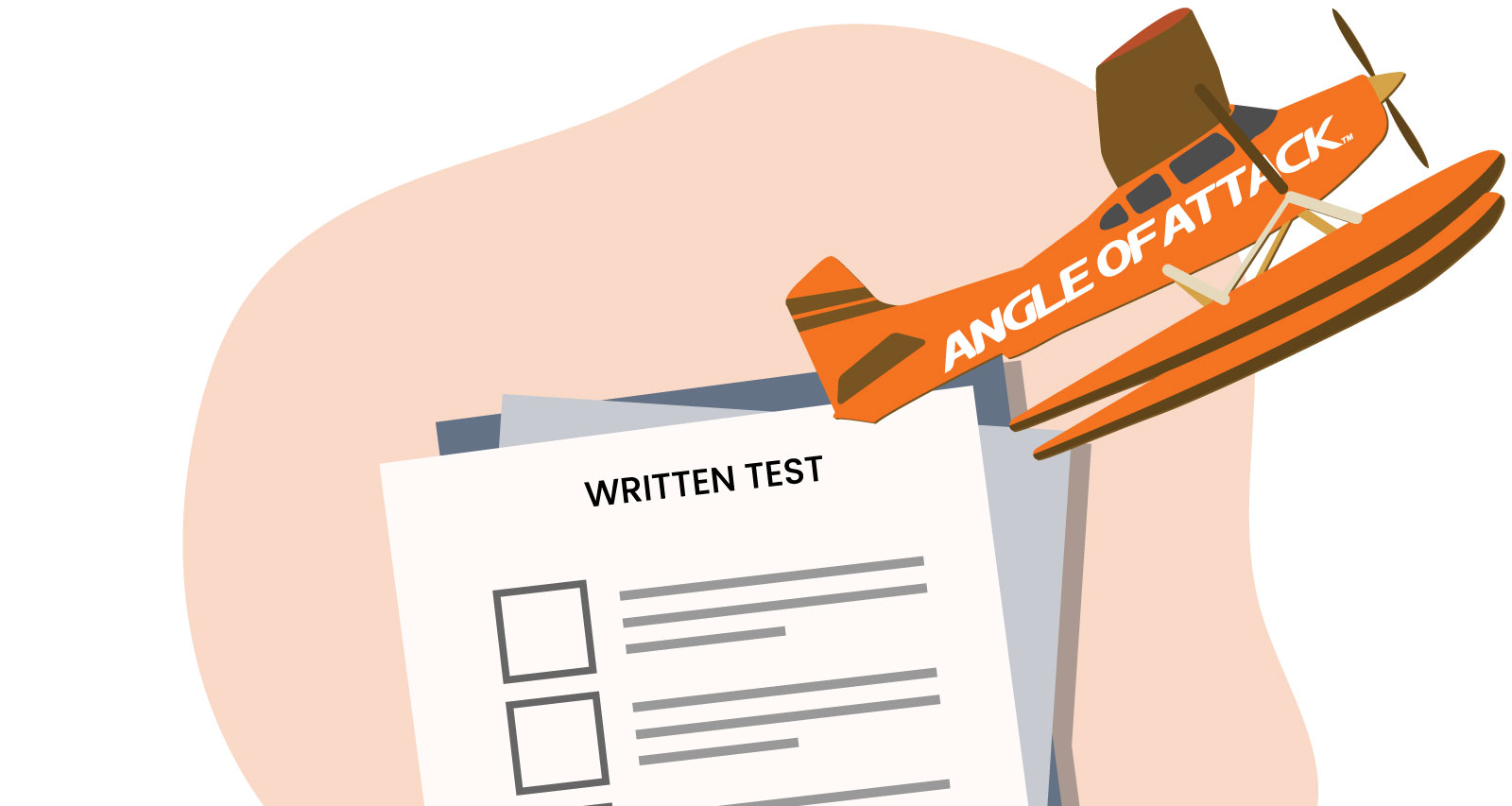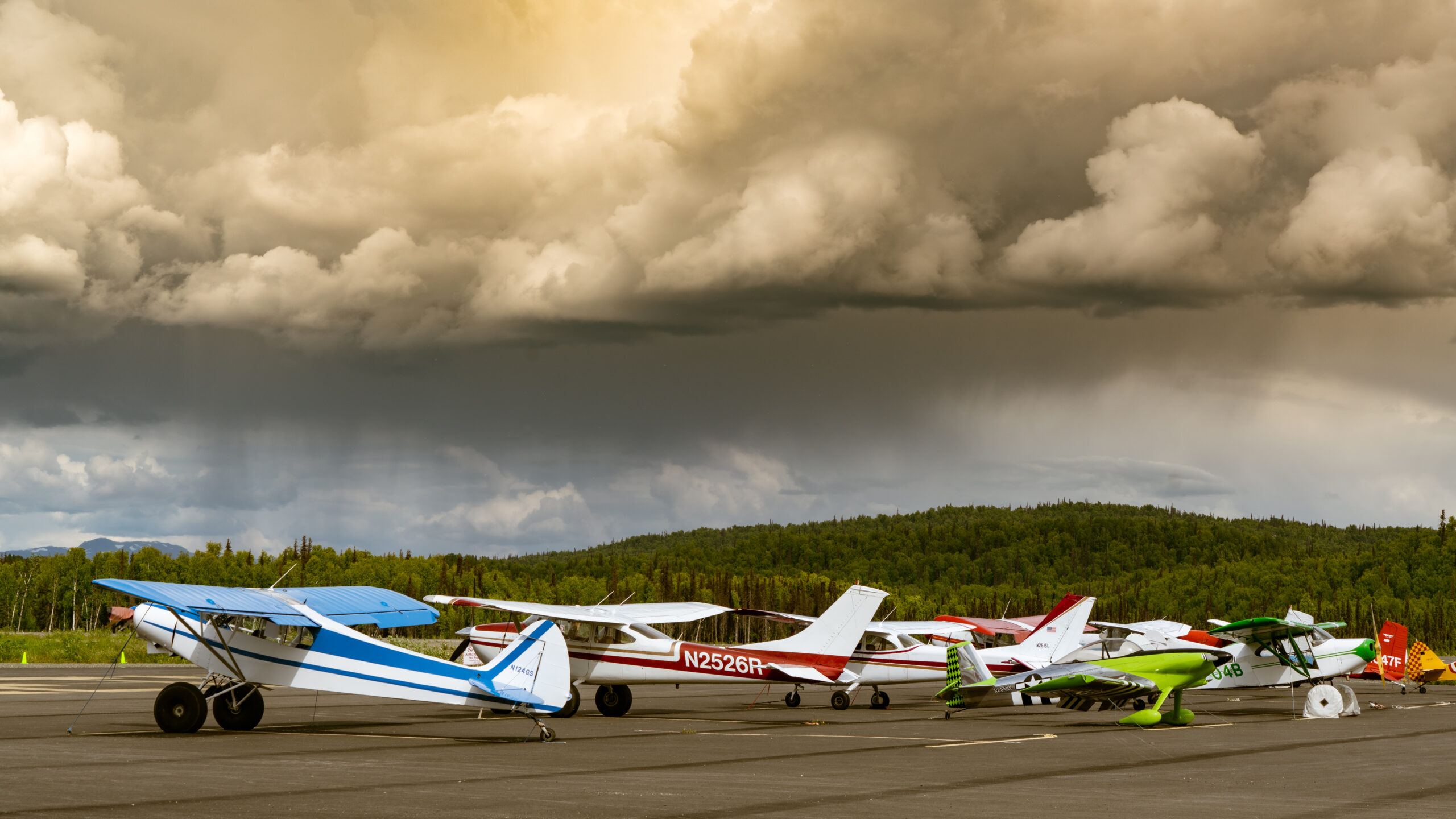
For some, aviation is a religion. Not sure that’s good or bad, but it is what it is. There is something spiritual about flying, so it makes sense.
I came up with 10 Aviation Commandments, most of them fairly ‘serious’ and spot on. They’re mostly safety-related, but many are related to growing and improving as an aviator.
Without spoiling too much, they are…
- THOU SHALT BE SAFE
- THOU SHALT AVIATE, NAVIGATE, COMMUNICATE — IN ORDER
- THOU SHALT FIGHT HAZARDOUS ATTITUDES
- THOU SHALT STRIVE FOR PROFESSIONALISM
- THOU SHALT PAY IT FORWARD
- THOU SHALT BE A FOREVER STUDENT
- THOU SHALT HAVE FUN ALONG THE WAY
- THOU SHALT CHOOSE A GOOD SCHOOL & INSTRUCTOR
- THOU SHALT NOT GET DISCOURAGED
- THOU SHALT MAKE A PILGRIMAGE TO AIRVENTURE
Come join for this podcast and enjoy some good insight.
Chief Flight Instructor and President of Angle of Attack. Founded in 2006.

Stay Connected
Be the very first to get notified when we publish new flying videos, free lessons, and special offers on our courses.





